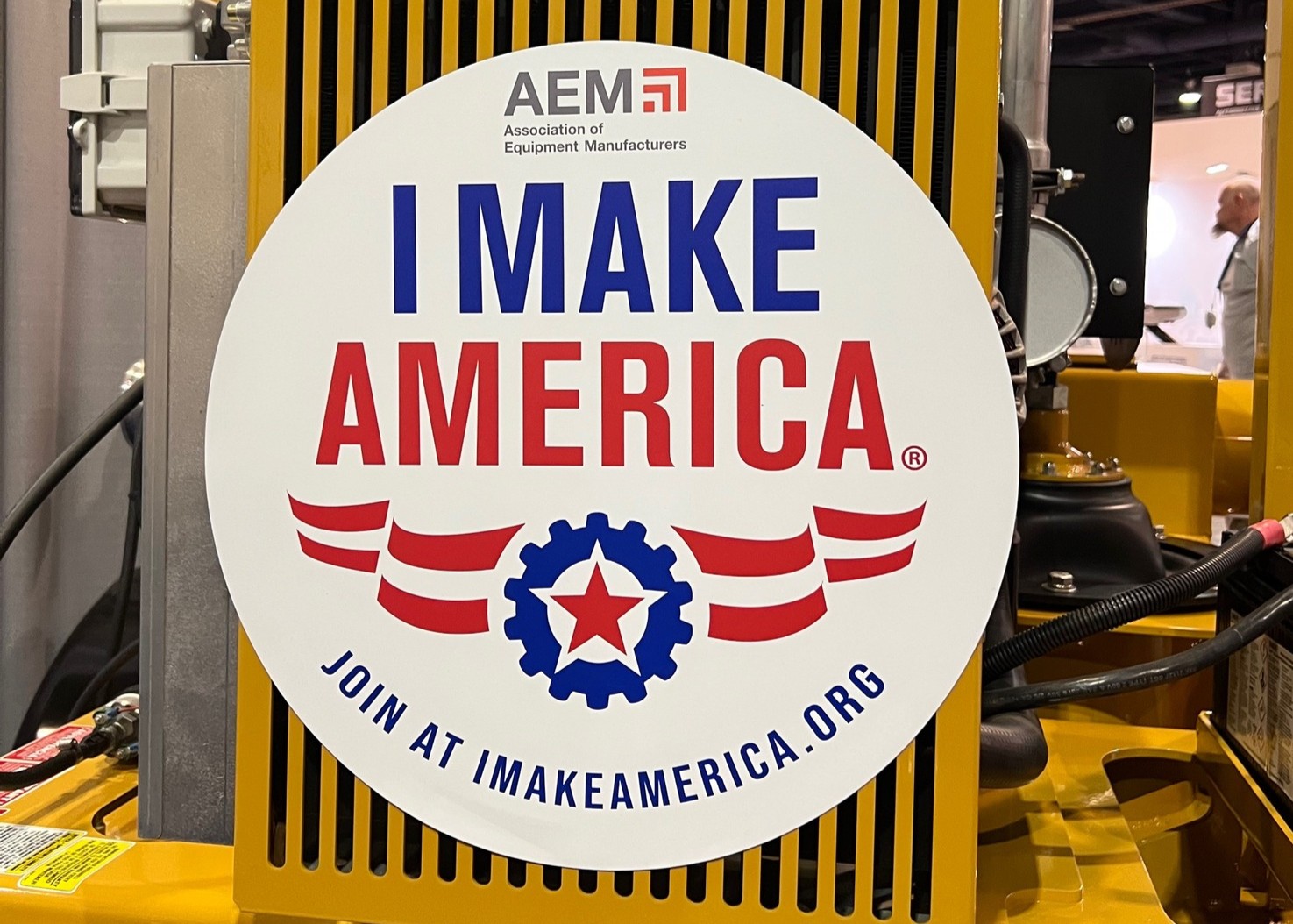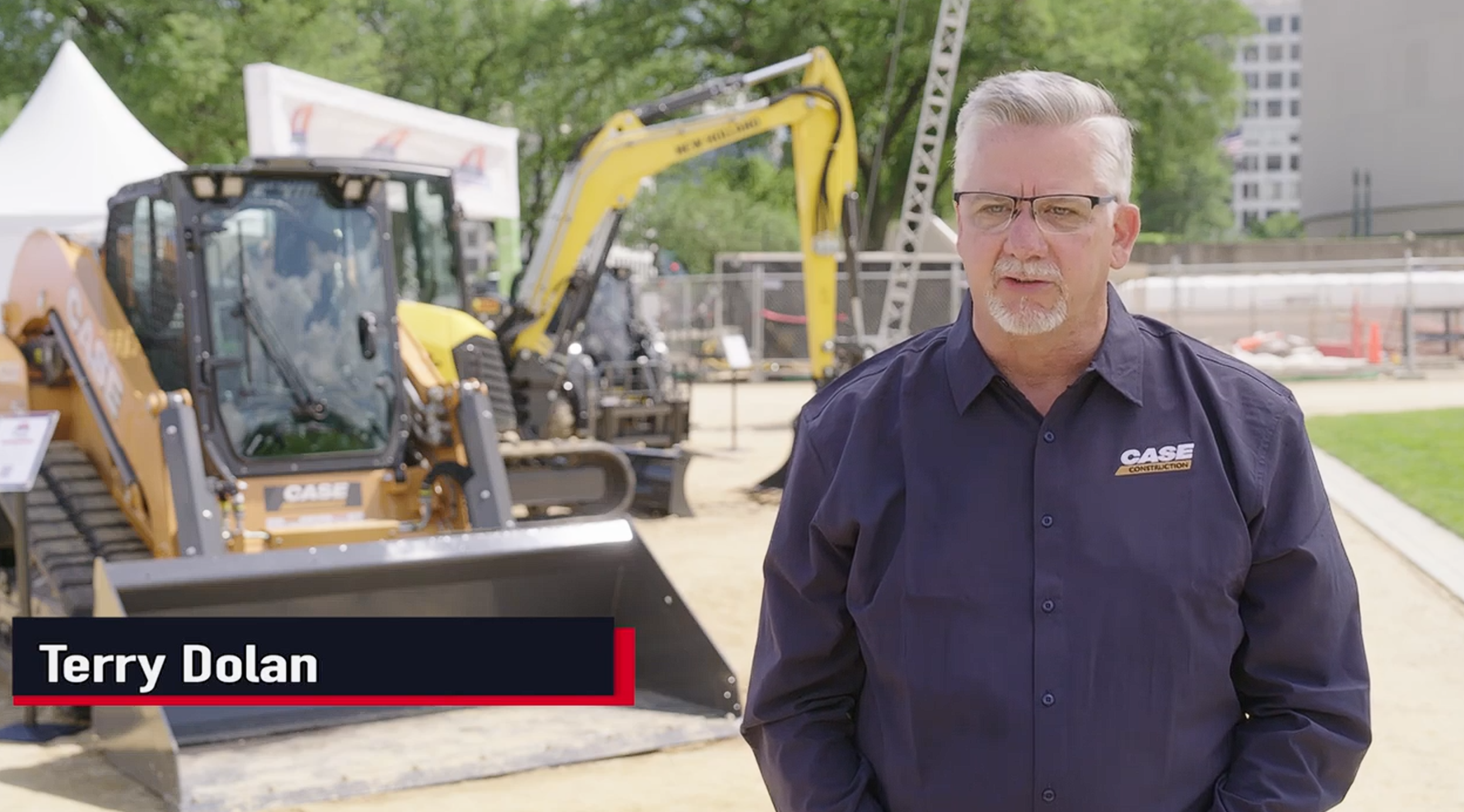The United States Trade Representative (USTR) concluded a statutory four-year review of the Section 301 tariffs on China. The review included a consideration of the effectiveness of the tariff actions, other actions that could be taken, and the overall effects of the tariff actions on the U.S. economy.
After reviewing the report, President Biden has instructed the U.S. Trade Representative to maintain current rates of tariffs on products previously covered by the two actions taken under the section 301 investigation on China, and to increase section 301 ad valorem rates of duty for the following products from China:
|
Battery parts (non-lithium-ion batteries) |
Increase rate to 25% in 2024 |
|
Electric vehicles |
Increase rate to 100% in 2024 |
|
Facemasks |
Increase rate to 25% in 2024 |
|
Lithium-ion electrical vehicle batteries |
Increase rate to 25% in 2024 |
|
Lithium-ion non-electrical vehicle batteries |
Increase rate to 25% in 2026 |
|
Medical gloves |
Increase rate to 25% in 2026 |
|
Natural graphite |
Increase rate to 25% in 2026 |
|
Other critical minerals |
Increase rate to 25% in 2024 |
|
Permanent magnets |
Increase rate to 25% in 2026 |
|
Semiconductors |
Increase rate to 50% in 2025 |
|
Ship to shore cranes |
Increase rate to 25% in 2024 |
|
Solar cells (whether or not assembled into modules) |
Increase rate to 50% in 2024 |
|
Steel and aluminum products |
Increase rate to 25% in 2024 |
|
Syringes and needles |
Increase rate to 50% in 2024 |
President Biden also directed the U.S. Trade Representative to establish a process by which interested persons may request that particular machinery used in domestic manufacturing classified within a subheading under Chapters 84 and 85 of the Harmonized Tariff Schedule of the United States (HTSUS) be temporarily excluded from section 301 tariffs, and that the U.S. Trade Representative prioritize, in particular, exclusions for certain solar manufacturing equipment.
The Office of the U.S. Trade Representative is seeking public comment on whether the proposed items found in Annex B at the bottom of this story should be temporarily excluded from Section 301 tariffs or be omitted from receiving an exclusion. The items include equipment and components used by the U.S. equipment manufacturing industry. AEM highly encourages member companies review the list of items found in the Federal Registrar Notice and below, and determine whether your company would be impacted by the granting of an exclusion, or if your company would be negatively impacted by not being eligible for an exclusion and being subject to Section 301 tariffs.
AEM will be submitting comments to USTR in support of exclusions being granted for the U.S. equipment manufacturing industry listed on Chapters 84 and 85 of the Federal Registrar notice. Please reach out to AEM for additional information or to provide economic data, analysis, or a testimonial on why these industry items should receive an exclusion from Section 301 tariffs. USTR is accepting comments until Friday, June 28.
Subscribe to the AEM Industry Advisor for more AEM news and updates.





